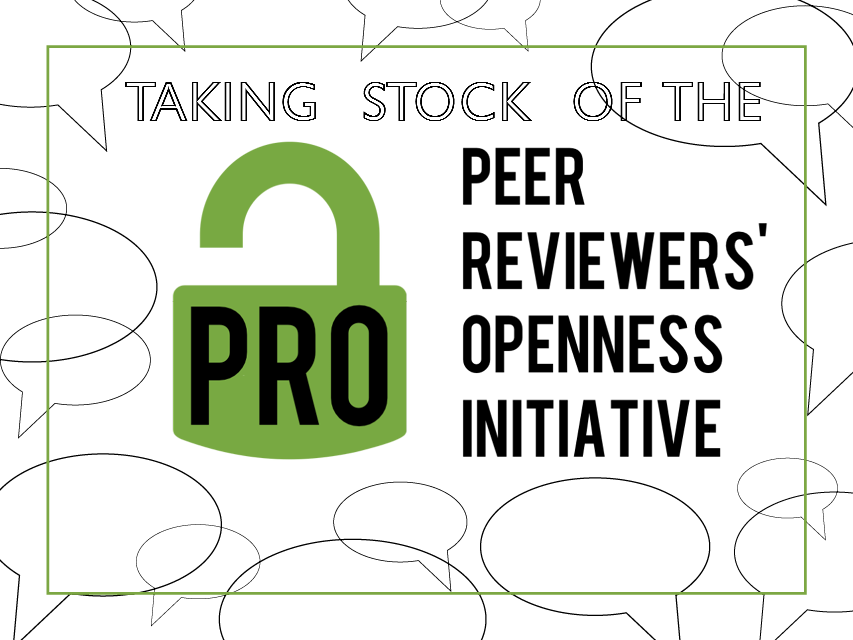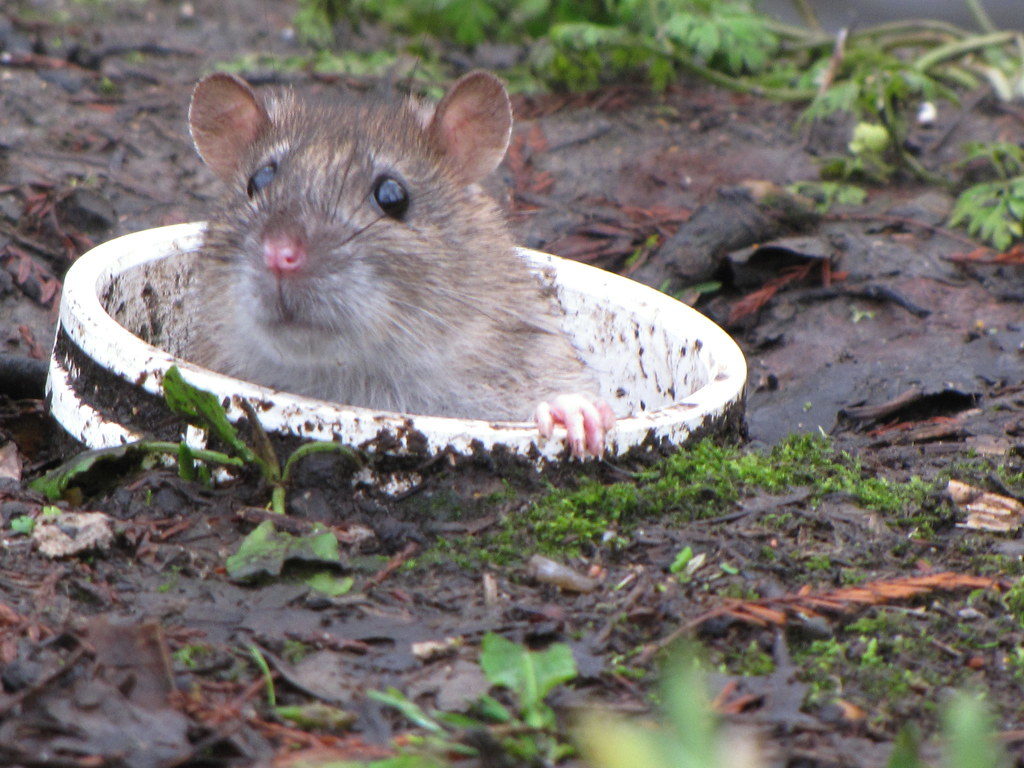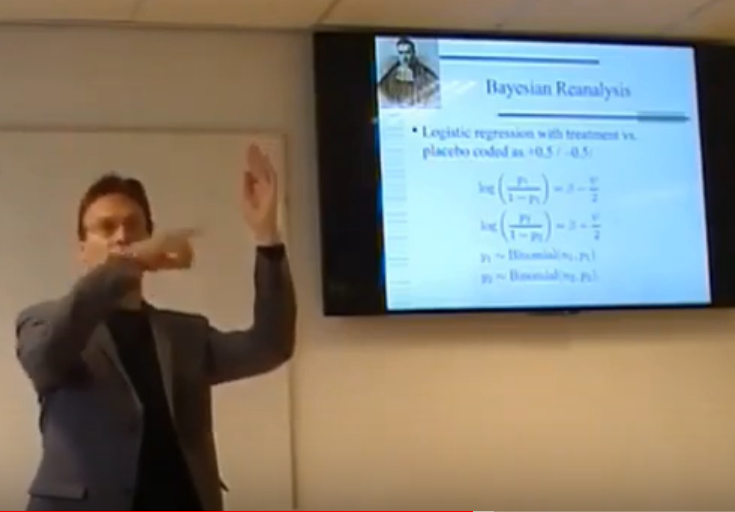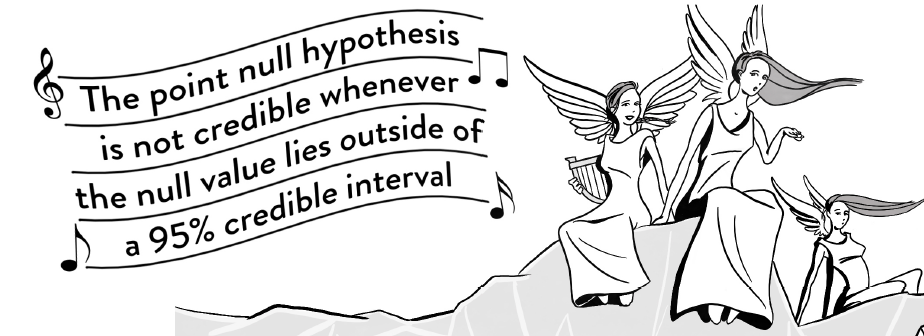Preprint: “Because it is the Right Thing to Do”: Taking Stock of the Peer Reviewers’ Openness Initiative

This post is an extended synopsis of Dahrendorf, M., Hoffmann, T., Mittenbühler, M., Wiechert, S., Sarafoglou, A., Matzke, D., & Wagenmakers, E.-J. (2019). “Because it is the Right Thing to Do”: Taking Stock of the Peer Reviewers’ Openness Initiative. Preprint available on PsyArXiv: https://psyarxiv.com/h39jt Abstract In recent years, multiple initiatives have sought to improve the transparency and reproducibility of…
read more





